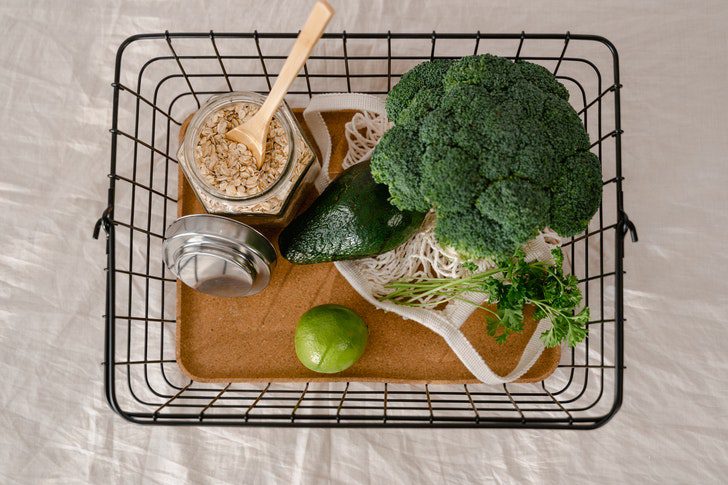The raw food diet is more of a philosophy and lifestyle choice than a conventional weight-loss diet. A raw food diet is one in which 75% or more of the food a person eats is uncooked. Generally, raw foodists believe that the closer a person can come to eating a diet that is 100% raw, the better that person’s health will be.
Raw food, as defined by many raw foodists, is unprocessed food whose temperature has never reached above 116°F. Some raw foodists make a distinction between “raw” and “living” foods. Raw foods, they define as uncooked foods, while living foods are uncooked foods that contain more enzymes because they have been “activated.”

Raw foodists can be vegans and eat no animal products; vegetarians, who eat dairy products and eggs but no meat; or omnivores who eat both vegetables and meat, so long as their food is raw. The majority tend to be vegetarians or vegans who prefer to eat uncooked, unheated, unprocessed organic food. Some go so far as to advocate that the raw foodist grow his or her food instead of purchasing it from commercial growers.
Is it healthier than cooked diet plans?
Raw food diet supporters believe that eating mostly or all raw food is ideal for human health. However, like many of the core beliefs behind the raw food diet, this idea is not backed by science. In fact, research shows that both cooked and raw foods have health benefits. One of the main reasons the raw food diet discourages cooking is because of the belief that cooking destroys the natural enzymes in foods. The diet’s advocates believe that these enzymes are vital to human health and digestion.

Followers of a mostly raw vegan diet may have difficulty consuming enough vitamins, including vitamin B12, zinc, iron, vitamin D, and calcium. Supplementation might be necessary if levels are low. Additionally, cooking certain foods can increase the bioavailability of nutrients as well as increase absorption. For example, roasting pumpkin seeds in canola oil increases absorption of fat-soluble vitamin A and cooking tomatoes increases lycopene.
Does it help with weight loss?

Diets that involve large amounts of processed food may result in overeating and weight gain. These diets tend to be high in calories, sodium, sugar, and fat. A raw food diet encourages eating unprocessed food, which is associated with a reduced risk of cardiovascular disease, type 2 diabetes, and cognitive decline. However, this isn’t exclusive to a raw food diet.
Moreover, the diet consists of a high concentration of natural sugar from fruit but is likely to be low in added sugar that is usually found in processed foods. Those following a raw food diet may be at reduced risk of diseases linked to high intakes of added sugar, such as obesity, heart disease, diabetes, and non-alcoholic fatty liver disease.




